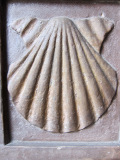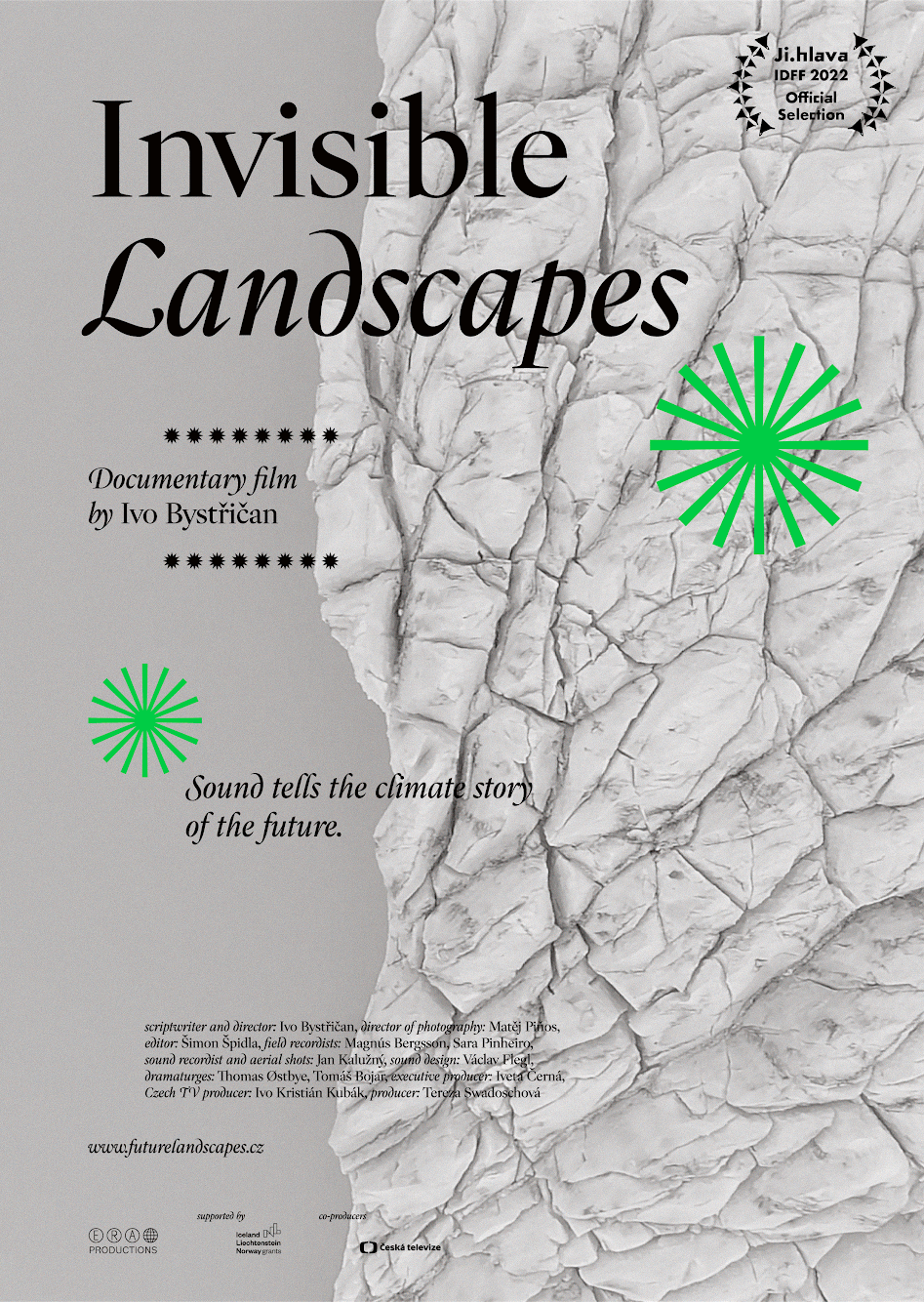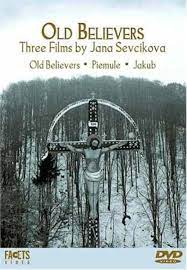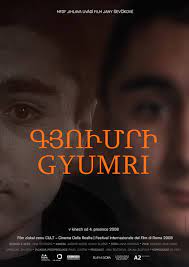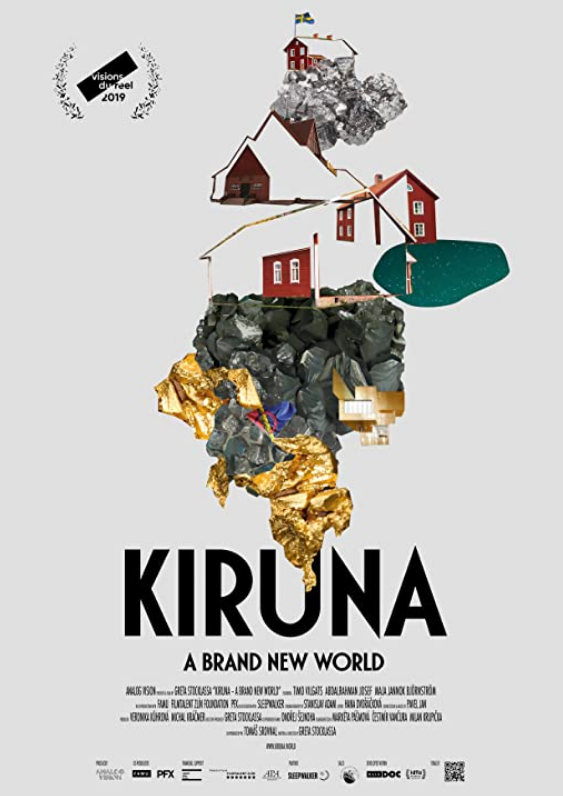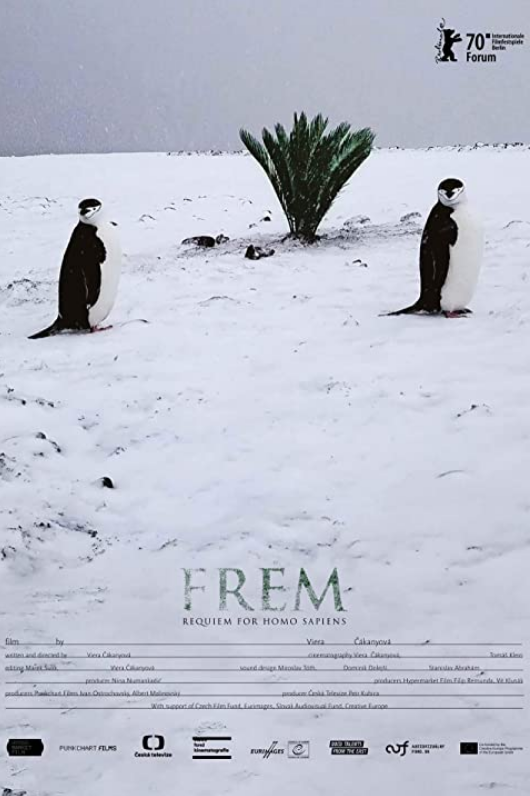SIEF2023 Audiovisual programme
Convenors/curators:
Michal Pavlásek (Institute of Ethnology, Czech Academy of Sciences)
Pavel Borecký (Graduate School of the Arts and Humanities, University Bern)
Jaroslava Panáková (Institute of Ethnology and Social Anthropology, Slovak Academy of
Sciences)
The audiovisual section of the SIEF2023 closely followed and sensorially reflected the conference theme Living Uncertainty. The board of convenors decided to give space to the presentation of ethnographic films and film documentaries that seek an alternative new path not only for expressing and understanding the many uncertainties of the current world but also for the uncertain future that we already live in and has something to say. What will become visible and what will we hear when we begin to permeate the landscapes of an uncertain future?
By making these invisible landscapes visible, ethnologists, cultural and social anthropologists, and filmmakers bring important testimonies from these alternative ways of searching for an understanding of contemporary worlds.
The audiovisual program was structured according to the following issues: Sensory Landscapes, Future Unfolds, Witnessing Uncertainty, Identities in Transformation, Body and Intimacy.
Each screening was followed by a discussion with the filmmakers, who were on-site in person.
Location: Faculty of Arts, Masaryk University, Arna Novaka 1, Room C34
The audiovisual programme was supported by Strategy AV21, the research programme “Society in motion and public policy”. 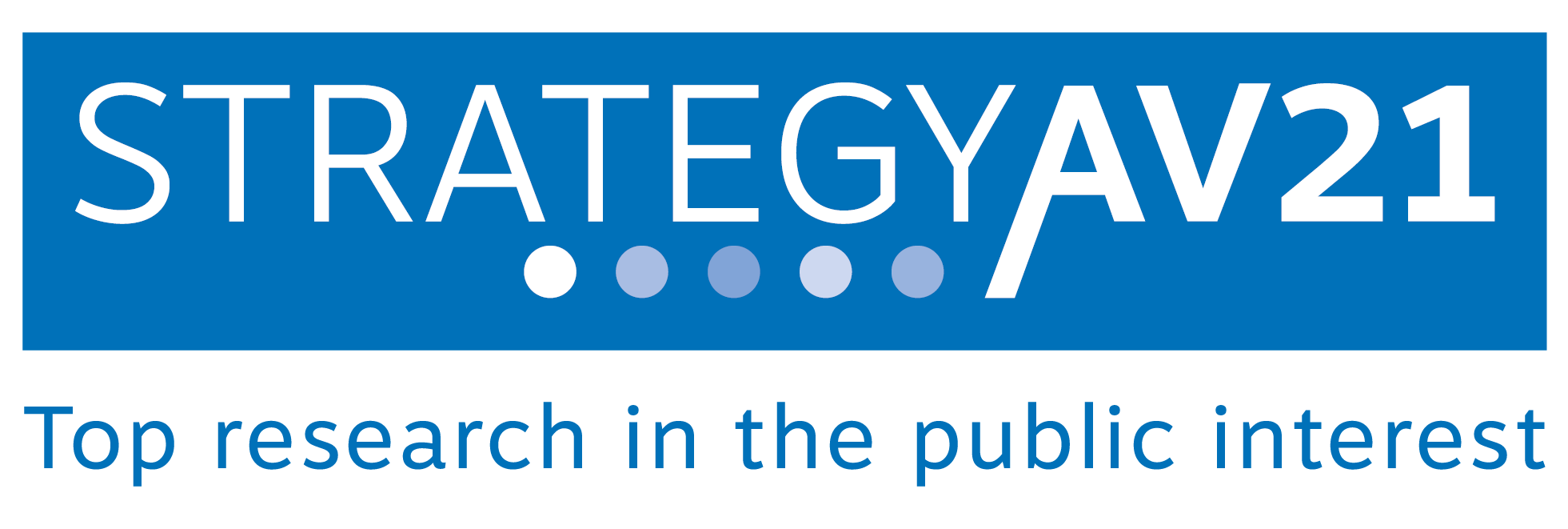
Thursday 8 June
Curated by Michal Pavlásek
Convenor/curator Michal Pavlásek decided to give space to the presentation of ethnographic films and film documentaries that seek an alternative new path not only for expressing and understanding the many uncertainties of the current world but also for the uncertain future that we already live in and has something to say. What will become visible and what will we hear when we begin to permeate the landscapes of an uncertain future?
By making these invisible landscapes visible, ethnologists, cultural and social anthropologists, and filmmakers bring important testimonies from these alternative ways of searching for an understanding of contemporary worlds.
Friday 9 June
Curated by Pavel Borecký
Tribute to Jana Ševčíková
Who is the maverick of Czech documentary cinema? The independent, the transcendental, the exceptional: these are only a few labels Jana Ševčíková was given during her prolific career. In light of her recent recognition, the Award for Contribution to World Cinema (Ji.hlava IDFF 2021), the second day of SIEF Audiovisual programme offers an exclusive in-depth exploration with the author herself. Accompanying the screenings of "The Old Believers" (2001), "Gyumri" (2008) and "Those Who Dance in the Dark" (2022), Jana Ševčíková and Pavel Borecký will discuss her careful ethnographic approach to the phenomena such as care, tradition, spirituality, resilience and disappearance.
About Jana Ševčíková
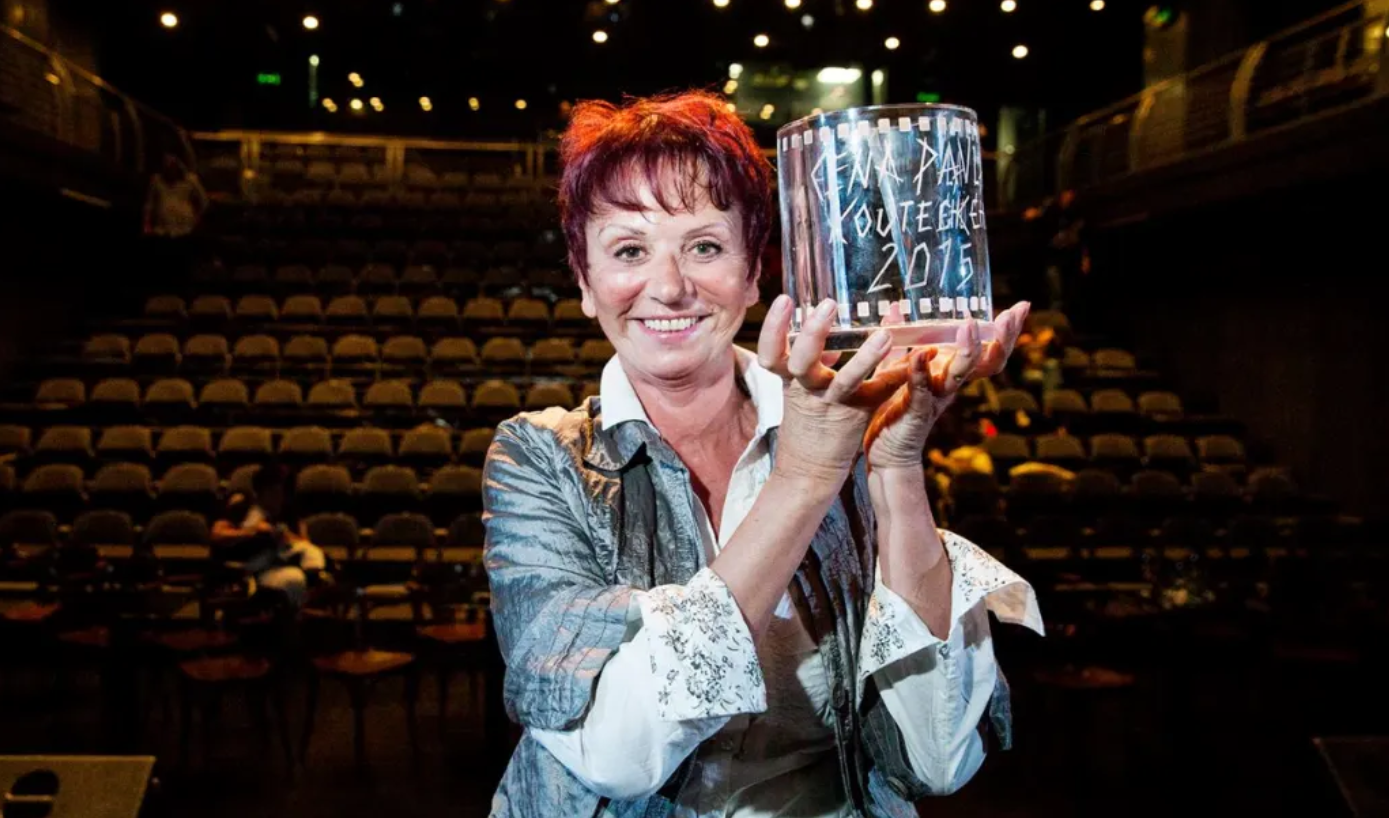
JANA ŠEVČÍKOVÁ (born 1953 in Prague) graduated from FAMU in 1984 with "Piemule", the documentary essay on the cultural identity of Czechs in the Romanian Banat. In her second feature film "Jakub" (1992), the director focuses on the Ruthenians, the community facing extraordinary political and social changes. Forming a loose trilogy, "The Old Believers" (2001) poetically documents distinctive traditions of Orthodox Christians living in the Danube Delta. Shifting her gaze, Ševčíková creates a sensitive portrait of butoh dancer Min Tanaka "The Rite of Spring" (2002) and starts travelling to Armenia. Shooting over three years, her "Gyumri" (2008) tells the stories of several families affected by the 1988 earthquake. In 2014, the contemplation of selflessness and the complicated fate of social outcasts are depicted in the multifaceted film "Lean a Ladder Against Heaven". Finally, her most recent journey into the experience of blindness, "Those Who Dance in the Dark" (2022), cements Ševčíková's lifelong interest in the fundamental questions of human existence, which shape individual and social life anywhere in the world.
Saturday 10 June
Curated by Jaroslava Panáková
24th February triggered me questioning my own personal and professional boundaries. Is the technology of the quotidian that has made me comfortable with my life, unable to leave everything behind and to make a free fall into the unknown, so to speak, whether it is a new ethnographic field or situation? And is it the same technology that has brought the industry of killing into being and now challenges me again: Are you capable of taking the risk and making the rupture with your comfortable, way too comfortable self?
These questions led me to the selection of two films. They are made by two extraordinary woman film directors, Greta Stocklassa and Viera Čakányová, who without hesitation introduce fiction, playfulness and certain formalism into the documentary film making. Both films are dedicated to the issue of how technologies foster creation of unsecure, unstable, and challenging spaces in which a human being is often unwillingly confronted with identity and value questions. Both films were shot in the extreme northern environments where the physical, even physiological discomfort, harshness, and desolation foster the challenging self-inquiry that gradually dissolves into the interrogation with humanity, elucidating today world’s utopies and distopies.
I wonder how non-anthropologists perceive the extreme North, how they deal with the extremes and extremities, thematically, methodologically, practically but also personally. Is it this part of the planet that can teach us to disentangle the bundles of worries, anxiety and insecurity? And could we bring the new skills back home?

